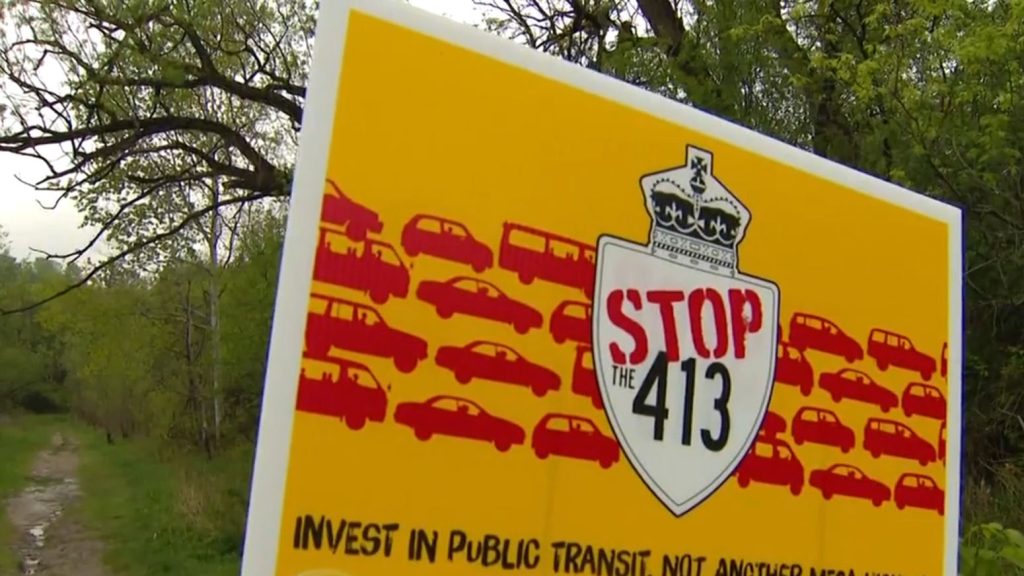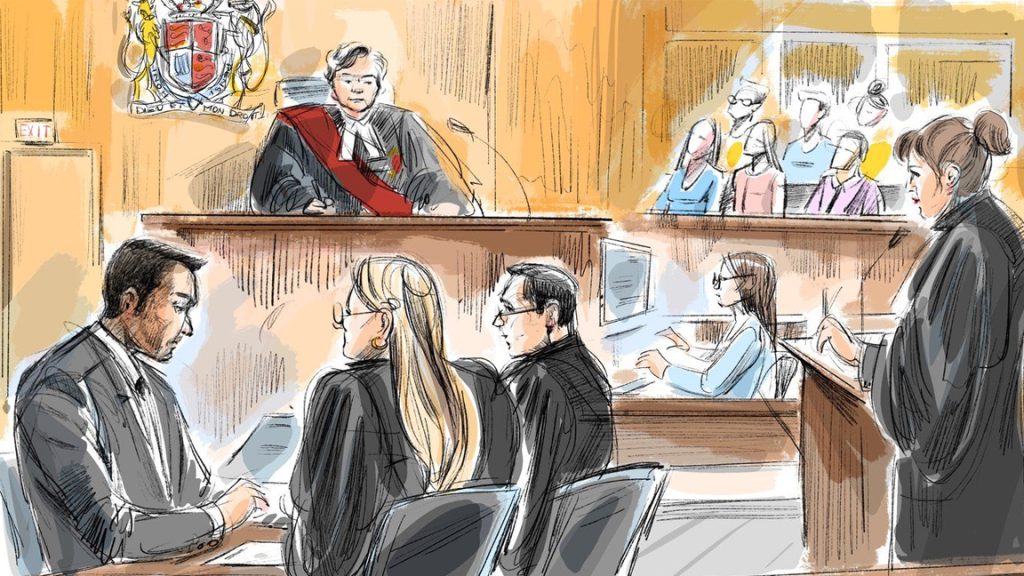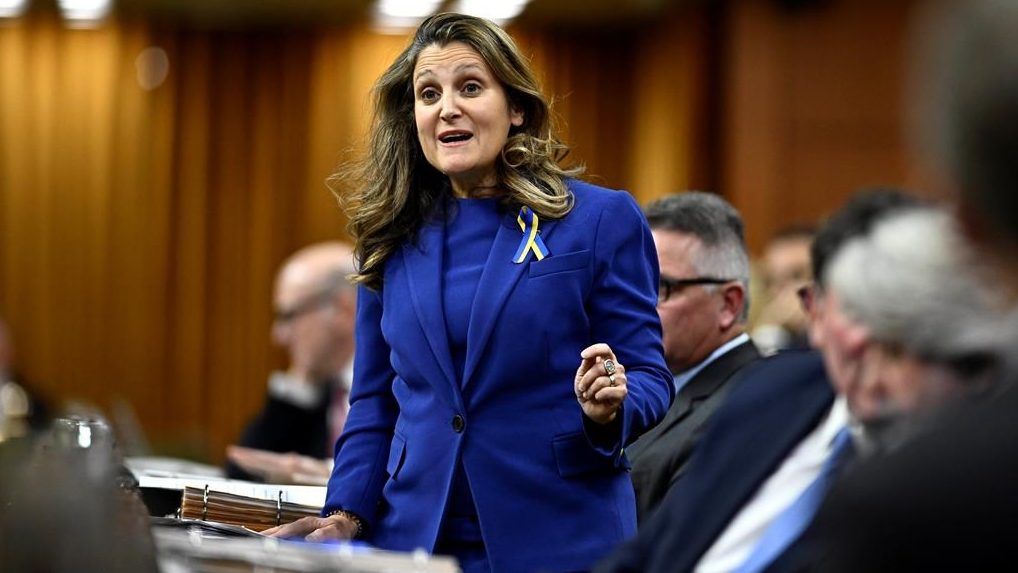US judge strikes down Kentucky’s ban on gay marriage; ruling temporarily put on hold
Posted July 1, 2014 12:49 pm.
This article is more than 5 years old.
LOUISVILLE, Ky. – A federal judge in Kentucky struck down the socially conservative state’s ban on gay marriage on Tuesday, though the ruling was temporarily put on hold and it was not immediately clear when same-sex couples could be issued marriage licenses.
U.S. District Judge John G. Heyburn concluded that the state’s prohibition on same-sex couples being wed violates the Equal Protection Clause of the U.S. Constitution by treating gay couples differently than straight couples.
Also Tuesday, a federal appeals court ordered Indiana to recognize the marriage of a lesbian couple on the death certificate that is issued when one terminally ill partner dies. The ruling came after the court stayed a federal judge’s order setting aside Indiana’s prohibition of gay marriage as unconstitutional.
Same-sex marriage now is legal in 19 U.S. states, including several socially conservative ones, following an impressive legal winning streak for proponents since the Supreme Court last year struck down a key part of the Clinton-era federal Defence of Marriage Act. Recent polls show a majority of Americans support gay marriage.
The issue of whether a state can ban it is expected to eventually reach the high court.
Heyburn previously struck down Kentucky’s ban on recognizing same-sex marriages from other states and countries, but he put the implementation of that ruling on hold. That decision did not deal with whether Kentucky would have to issue marriage licenses to same-sex couples. Instead, Tuesday’s ruling dealt directly with that question.
Heyburn noted that every federal court to consider a same-sex marriage ban has found it unconstitutional. The U.S. 6th Circuit Court of Appeals has scheduled arguments on rulings from Ohio, Michigan, Kentucky and Tennessee in a single session, on Aug. 6. Although the cases are unique, each deals with whether statewide gay marriage bans violate the Constitution.
Kentucky Gov. Steve Beshear said the state will appeal the decision.
In the Indiana case, the women, who were legally married in Massachusetts last year, filed a lawsuit seeking to force Indiana to recognize their marriage. They were granted emergency recognition last month while their case proceeded, in part so Amy Sandler’s name could appear on Niki Quasney’s death certificate as her spouse. The couple fears Sandler’s ability to collect pension and other death benefits would be harmed if their marriage isn’t recognized.
The appeals court did not rule on the overall issue of the constitutionality of Indiana’s gay marriage ban.
Last week, a federal appeals court for the first time upheld that a ruling that overturned another state’s same-sex marriage ban. The state of Utah plans to appeal the appellate court’s ruling.
Utah has become one of the focal points for the gay marriage movement, and an international conservative group that opposes homosexuality is planning its first worldwide conference in the predominantly Mormon state next year. The four-day gathering of the U.S.-based World Congress of Families follows previous world conferences were in Madrid, Amsterdam, Warsaw, Mexico City, Geneva and Prague.
The World Congress of Families promotes what it calls the “natural human family,” which it believes consists of a man and woman raising children with love and discipline.
The Human Rights Campaign, which supports gay rights and gay marriage, is an outspoken critic of the organization. Ty Cobb, the Human Rights Campaign’s director of global engagement, said the World Congress of Families is a network of extremist groups that has been working to promote anti-LGBT rhetoric and legislation abroad including in Russia and several African countries. Cobb called Salt Lake City a strange choice for the worldwide conference.










